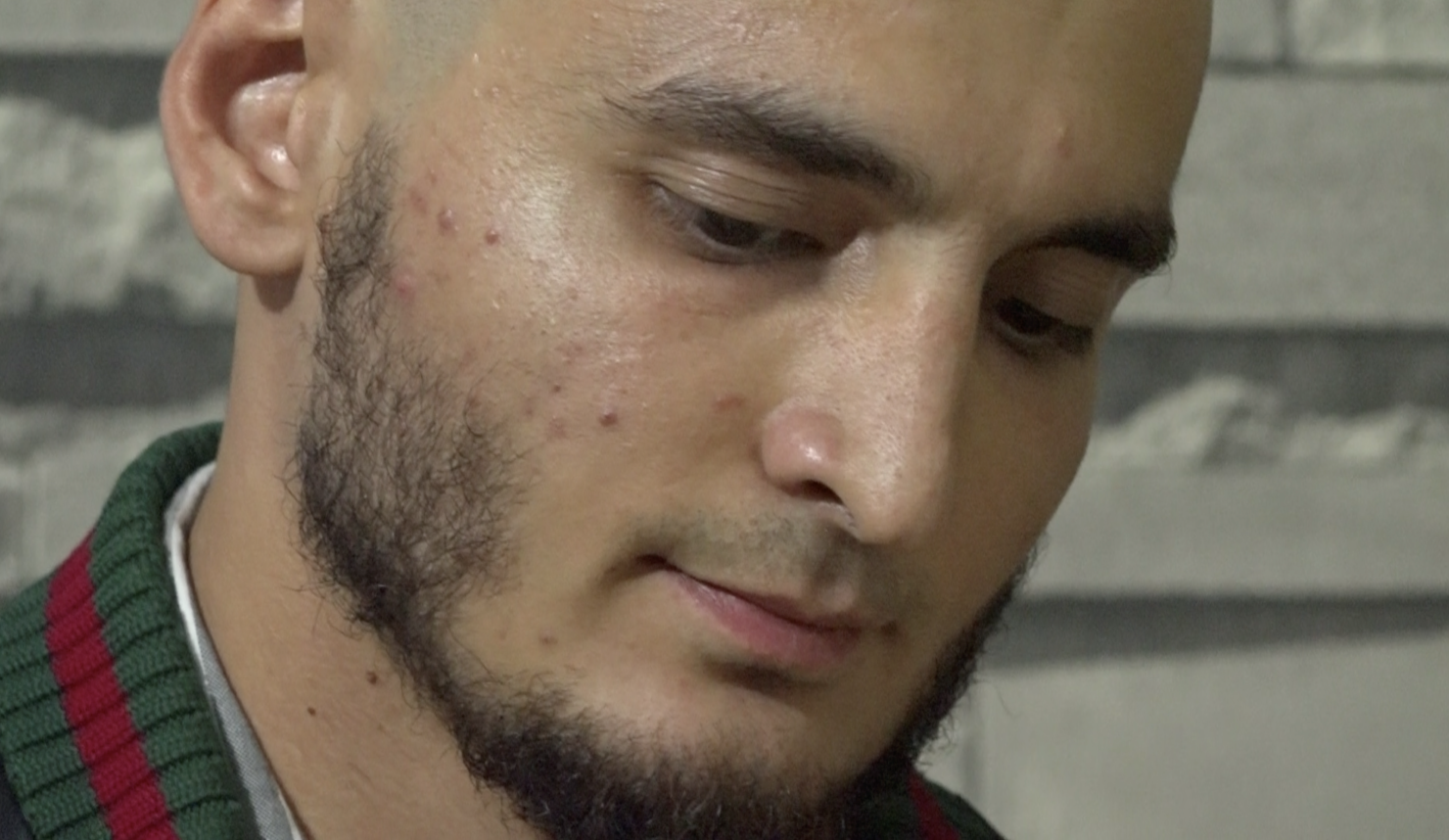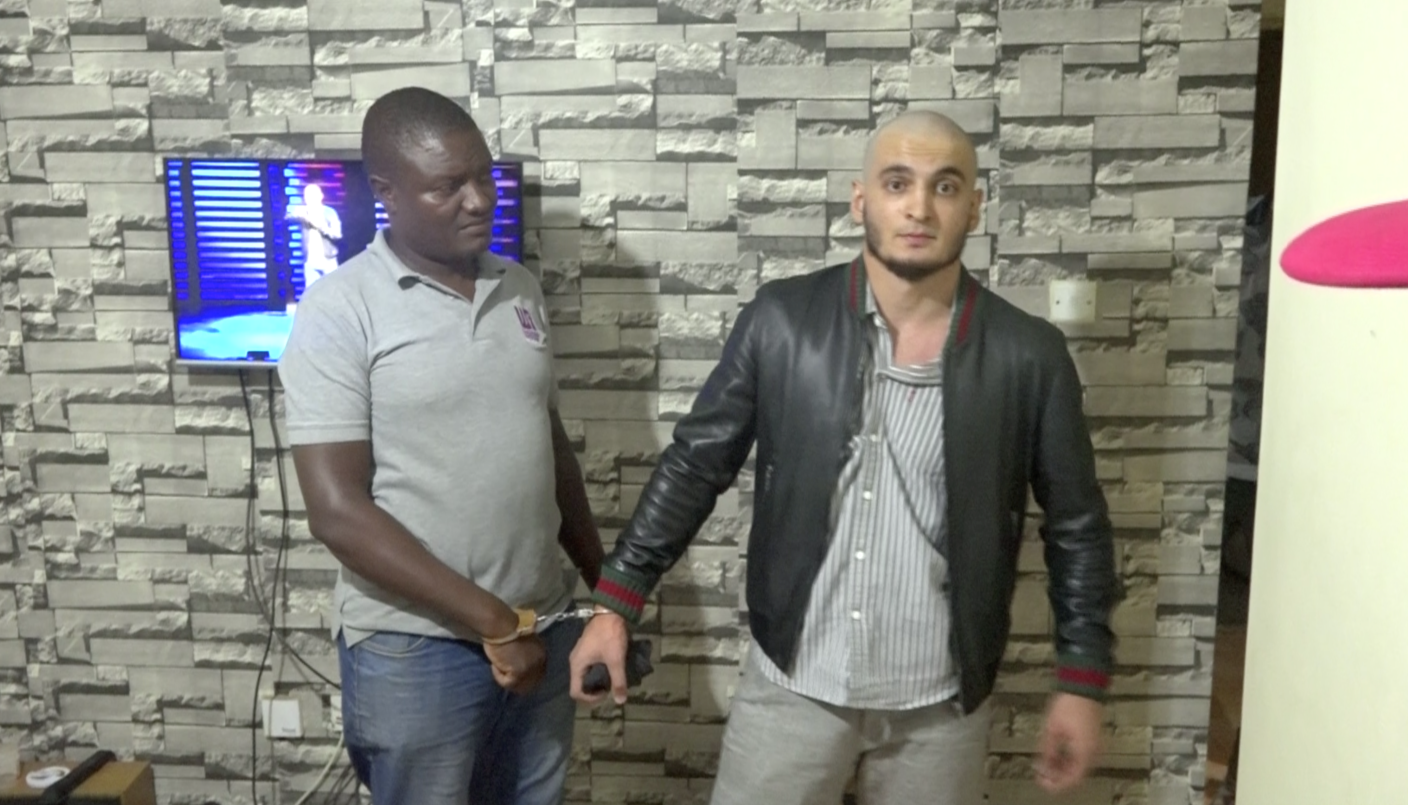By James Opondo
Match fixing is a menace that has plagued Kenyan local sports for years. The vice came to fore in March 12th this year, when authorities arrested 3 suspects as they tried to fix a Kenya Premier League match pitting Nairobi City Stars against Sofapaka Football Club.
The trio Akhiad Kubiev who is a Russian, Ugandan Bernard Nabende and Kenyan Martin Munga were arrested in Nairobi following an operation involving police and footballers attached to Kenya premier league side Nairobi City Stars. The three had allegedly promised players and their manager some Kshs 1.8 million to manipulate the league match against Sofapaka on march 10th this year. The interesting bit is in the varied opinions among the Kenyan public on the arrest of match fixing suspects.

Festo Omukoto who in 2020 was among the four locally based players banned by the world football governing body FIFA from/for taking part in match fixing was key to the police operation as he was the link to the fixers. Omukoto explained that the fixers engaged him for one month asking him to connect them with City Stars players.
“Match fixing ruined my career and continues to destroy our football. I did not want the players to go through what I underwent,” said Omukoto.
Speaking during the raid, the Nairobi City Stars CEO Patrick Korir said that when he was contacted by Omukoto about the matter, he called the police after organizing with seven of his players to lay a trap for the fixers.
“I have spoken about it before but people take it (match fixing being rampant in FKF-PL) for granted. I am glad we can now put faces to the noise we have been making,” said Korir.
Let me take it back a little bit because this incident is not the first in Kenya. Why is it rampant and how is FIFA dealing with the issue of match fixing that is killing the sports? The argument is Kenyan footballers have become so vulnerable to match fixing for just one reason- Kenyan football does not pay. Those taking this direction are somehow right because football clubs in Kenya never pay their players in time or sometimes the players plus staff go for months without pay. This results in players going hungry and some failing to pay their rent.
Without food on the table, most of these players who entirely depend on their monthly salaries and bonuses from the clubs would simply and happily throw away a match for some extra money. Kenyans generally fancy corruption. Graft is a vice that you can simply put to someone in an argument and they tell you, its normal. The bad news about the vice is that it is here to stay so for as long as these players will get the opportunity to fix a match to be paid, they will simply do it as we are students of our leaders.

Let’s go back to the trio fixers who were nabbed by the police in Nairobi. They were released on a Kshs 300,000 bond with two sureties of a similar amount. But what are the FIFA rules? As stated in its Statutes, FIFA’s objectives include “preventing all methods or practices, such as corruption, doping or match manipulation, which might jeopardise the integrity of matches, competitions, players, officials and member associations or give rise to abuse of association football.“ The only thing FIFA does is to ban for life or for a period but this as many argue will no help in ending the vice. Various stakeholders in Kenya are now asking the national assembly to consider match fixing a criminal offense.
Most of the matches never make it to the television screens. There are mummers that this lack of visibility may silently abet match fixing even among compromised referees. With the fixers on the offensive, cash starved players and corrupt authorities who are ever ready for a bribe; it may take years or ever forever to purge match fixing from Kenyan pitches because of the wide net of cartels who yield to the crime.